
By Marie-Claire Chappet
The moment we are living through now, of a renewed fervour for racial justice, is one of the most pivotal series of global protests we’ve seen in the Civil Rights movement. This is a movement which has been fighting globally for the rights of people of colour for centuries; from abolition to desegregation, from the Black Panthers to Black Lives Matter.
It’s a movement that spans hundreds of years of conflicting approaches, battles, debates and characters and which also features some powerhouse women who often put their very lives on the line in the fight for equality and freedom.
Here is a by no means exhaustive list of some of the most inspirational women of the civil rights movement, whose work tore down monumental walls of oppression and many who are still fighting for justice and equality today.
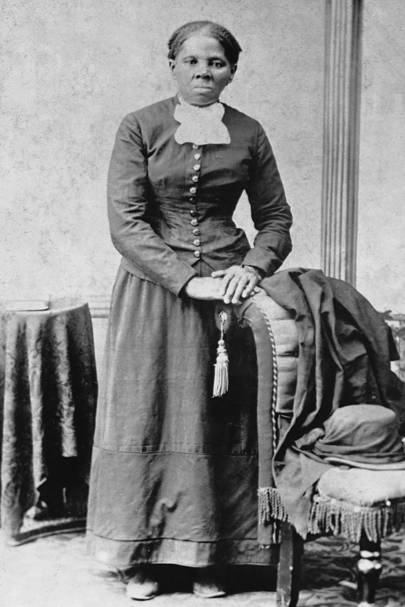
Harriet Tubman, 1822-1913
Harriet was born into slavery in Maryland in 1822. She escaped in 1849 but returned 13 times to free her family, friends and many others slaves using a system of safe houses and passages that became known as the Underground Railroad. She was so successful, and famously “never lost a passenger” that she was given the nickname “Moses.” When the American Civil War broke out, she served as an armed scout and spy for the Union Army and dedicated her later life to getting women the vote. She dedicated her life to the pursuit of freedom and equality and was generally one hell of a badass, dying at the ripe old age of 91; a free woman and an icon.
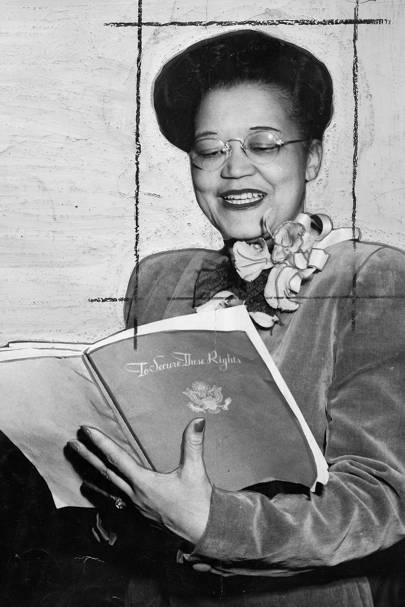
Sadie Tanner Mossell Alexander, 1898-1989
Sadie was born in Philadelphia in 1898, 33 years after the abolition of slavery in the United States, though she was by no means born into a society of racial equality. Her father was the first African American to receive a law degree from the University of Pennsylvania and she went on to herself receive a doctorate from that same university- becoming the first African American woman to earn a PHD in economics. She later returned to earn her law degree in 1927 and began her civil rights advocacy as a lawyer in 1935. She fought to end racial segregation in Philadelphia – both in the courts and through on-the-ground agitation at segregated cinemas, bars and restaurants. She worked on the integration of the American military, she joined countless presidential Civil Rights commissions and fought for racial and social justice all her life, until she retired at the grand old age of 85.
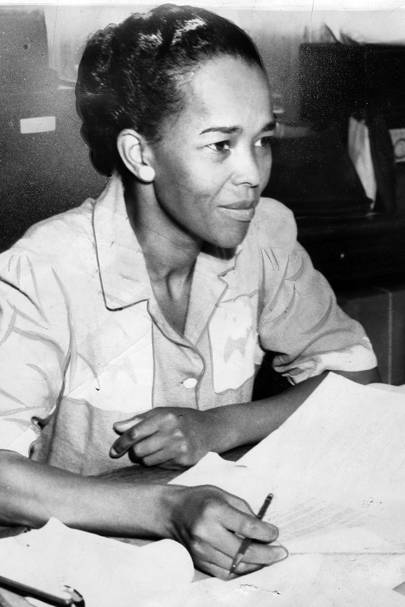
Ella Baker, 1903-1986
Often called the “unsung hero” of the civil rights movement; Ella Baker was the granddaughter of slaves who went on to become one of the most influential players in the progression of civil rights in the US. She became an activist at a young age, fighting against racial injustice at school and university before joining political causes in Harlem in the 1930s. She joined the NAACP (National Association for the Advancement of Coloured People, which is still active today) in the 1940s and became the first woman to head up its New York branch.
She organised for Martin Luther King and fought for voter’s rights in the South- where African Americans were still denied their legal right to vote. She was a fierce advocate of grassroots activism and would have felt right at home in today’s activism sphere, as she fought for the inclusion of women and young people into the movements- helping to form the Student Nonviolent Coordinating Committee (SNCC) which was one of the first youth activist groups in the Civil Rights movement.
She fought the good fight right up until her death in 1986 and her work inspired many of the activists of today even though she remained a relatively unfamous figure. As she said herself: “You didn’t see me on television, you didn’t see news stories about me. The kind of role that I tried to play was to pick up pieces or put together pieces out of which I hoped organisation might come. My theory is, strong people don’t need strong leaders.”
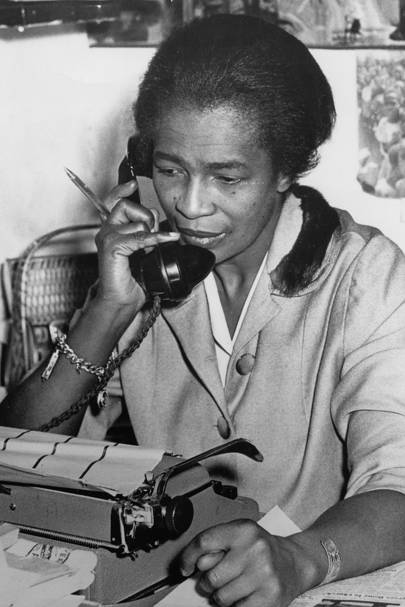
Claudia Jones, 1915-1964
Born in Trinidad and Tobago, Claudia subsequently emigrated to the US where her actions as an active member of the Communist party got her deported in 1955. She moved to the UK, where she ardently continued her campaigning against racial injustice, and founded Britain’s first major black newspaper; West Indian Gazette. Following the race riots in Notting Hill in 1958, and subsequent violence in Nottingham that year, Claudia said “we need to wash the taste of Notting Hill and Nottingham out of our mouths” and organised the first Caribbean Carnival in the UK. Part of the proceeds raised, went to support the fines of those affected by the riots and that carnival went on to become the Notting Hill Carnival. Today, the National Union of Journalists Black Member’s Council holds a special Claudia Jones lecture every October, as a testament to her contribution to Black British journalism.
Connie Mark, 1923-2007
Born in Jamaica, Connie served in World War II as a medical secretary and became politically active when, after moving to London, she was denied her British Empire Medal. She began campaigning for the rights of black people in the UK, specifically conditions in London, and worked tirelessly for black servicemen and women to receive their awards. She also co-founded the Mary Seacole Memorial Association to raise awareness for the legacy of the famous Jamaican nurse. In 1989, she began campaigning again, for the inclusion of black servicemen and women in the celebrations of fifty years since the outbreak of World War II. She eventually raised enough money for a photography exhibition celebrating the war effort of Black British people and was- finally- awarded her British Empire Medal in 1992. She was renowned for her championing of Caribbean culture in the UK and in 2001, five years before her death; she was awarded an MBE; another medal to add to her rightful collection.
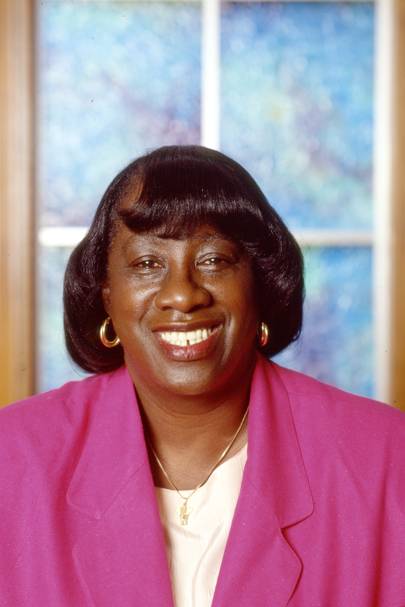
Unita Blackwell, 1933-2019
When Unita first registered to vote in the early 1960s in Mississippi; and encouraged other African Americans to do so: she was fired. Thus began her passionate journey in the civil rights movement, which would take her from boycotts and protests with the SNCC to a landmark case she brought against the US Board of Education which resulted in further school desegregation. She went on to co-found a political party; the Mississippi Freedom Democratic Party and in 1976, she went on to become the first black female mayor in Mississippi- a state where she had, previously, been denied the right to even vote. She was reelected in 1997 and was politically active until her health began to decline in 2008. She lived long enough to see both the inauguration of Barack Obama and Donald Trump; dying at age 86 in 2019.
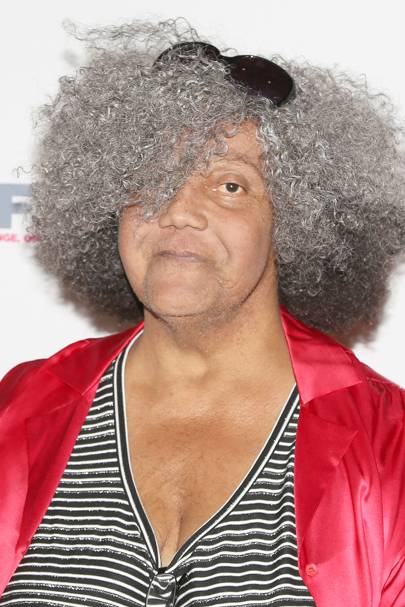
Miss Major Griffin-Gracy, 1940-
Miss Major is a monumental black trans woman activist who centres a lot of her work on women of colour. She was the original Executive Director of The Transgender Gender-Variant Intersex Justice Project which works directly on the issues of incarceration that disproportionately and negatively affect transgender people- and especially people of colour. Her whole life has been dedicated to her activism, fighting against the oppression she faced in her youth and she was a leader in the Stonewall Riots of 1969. Her activism continues to this day.
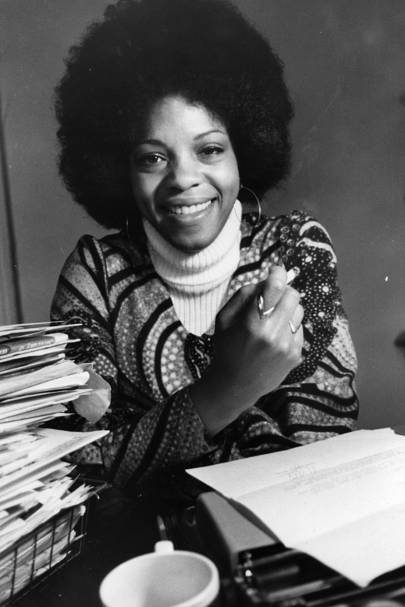
Margaret Busby, 1944-
Britain’s youngest and first black female publisher when she founded Allison and Busby in 1967, Margaret is a strong advocate of literacy activism and a staunch campaigner for diversity within the arts. She has complied many anthologies of black female writing, from Daughters of Africa (1992) to New Daughters of Africa (2019), has worked as a journalist, broadcaster and activist and has won countless awards for her inexhaustible efforts to diversify the literary output of the UK, and to champion often overlooked an unsung voices; which she continues to do to this day.
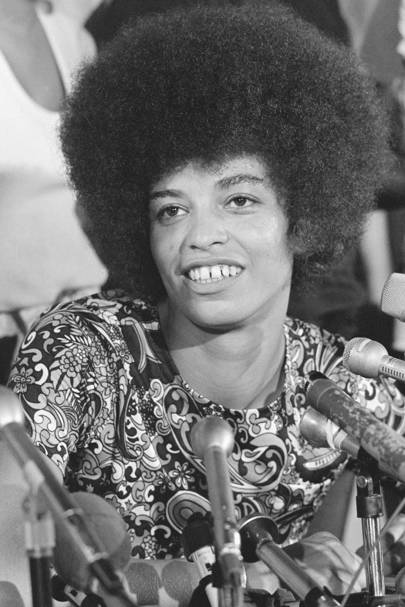
Angela Davis, 1944-
Angela Davis is perhaps the first person in the civil rights movement to have her own merchandise. Long before Dior stuck ‘We Should All be Feminists’ on a t-shirt, there were FREE ANGELA badges, hats and tees. She grew up in the heart of the racial struggles in America; in a predominantly black area of Alabama, known as Dynamite Hill because there were so many KKK bombings and as a high school student in segregated schools, she organised interracial study groups that were broken up by the police. She went on to study abroad in Paris and Germany and became heavily involved in politics, returning to America to study her masters in California, where she joined the communist party and the Black Panthers; a militant organisation set up in 1966, originally for the self-defence of African Americans. When her guns were used in a prison heist, even though she was uninvolved and nowhere near the event; she was charged with murder. She evaded arrest and went on the run- earning a spot on the FBI’s Most Wanted List. When she was caught and imprisoned, there were FREE ANGELA rallies (and merchandise!) across the world and she was freed after 16 months; acquitted of all charges. She remains a strong political figure to this day, aged 76; a fierce activist, history professor and author of many books on race, feminism and prison reform.
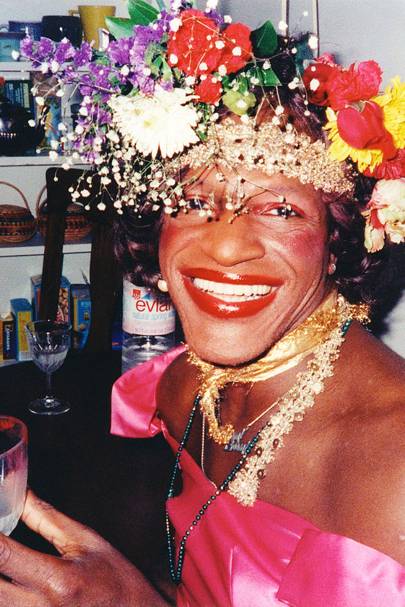
Marsha P Johnson, 1945-1992
A black trans activist and insistent fighter for social and economic justice, Marsha, whilst often homeless herself, worked tirelessly to help homeless street youth – many of whom had been kicked out of their homes for being gay or non-conforming- and was a pioneering advocate on behalf of AIDS victims. She was a leader at the Stonewall Riots in 1969 and devoted her life to the protection of marginalised people, particularly gender non-conforming people of colour. “As long as gay people don’t have their rights all across America,” she once said, “there’s no reason for celebration.”
Olive Morris, 1952-1979
Though perhaps less famous than their American originals, Britain had its very Black Panthers and many of its founders were women. One of the most iconic was Olive Morris, who lived a tragically short but enormously impactful life. Born in Jamaica, she moved to the UK when she was nine and lived predominantly in South London. When she was seventeen, in 1969, she stepped in when a Nigerian diplomat was badly beaten by British police. She herself sustained brutal injuries both in the street and in police custody. The incident made her even more ardently politically active. She became one of the founding youth members of the British Black Panthers and the Brixton Black Women’s Group, which was founded in 1974. One of the aims of the group was to encourage black women to share their experiences of day-to-day injustices; an idea that greatly informed subsequent movements, like the #MeToo movement. She set up Black Community bookshops and squats, founded the Organisation of Women of African and Asian Descent in London and protested tirelessly throughout her life for racial justice, until her death, aged 27, of Non-Hodgkin Lymphoma in 1979.
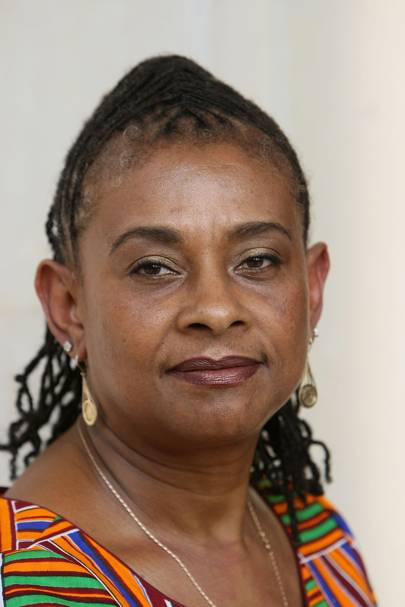
Baroness Doreen Lawrence OBE, 1952-
After the tragic and racially-motivated murder of her son Stephen Lawrence, Doreeen became a strong public campaigner, not just for her son’s justice, but for racial and social justice in London communities. She continued to fight for other victims of racist crimes, set up the Stephen Lawrence foundation to promote community support and create a substantial legacy for her son, was awarded an OBE in 2003 for her services to communities and became a Life Peer in 2013. She advises the Home Office and the police service, sits on the board of the human rights organisation Liberty and is a patron of the hate crime charity Stop Hate UK. She is Chancellor of De Montfort university and in April of this year, she became race relations advisor to the Labour Party. She remains a vocal and active fighter for racial justice and equality in the UK.
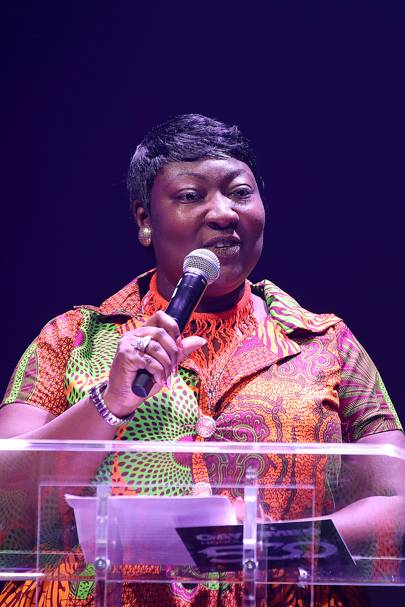
Lady Phyll, 1974-
Phyll Opuku-Gyimah, known as Lady Phyll, is the co-founder of UK Black Pride; the organisation which promotes unity among all LGBTQ people of colour. Her life had been dedicated to her work and her activism for both LGBTQ and racial justice and she is a trustee at Stonewall and an editor at Sista!, an anthology of writings by LGBTQ women of African and Caribbean descent. A leading and vocal British activist, she publicly turned down an MBE in 2016.
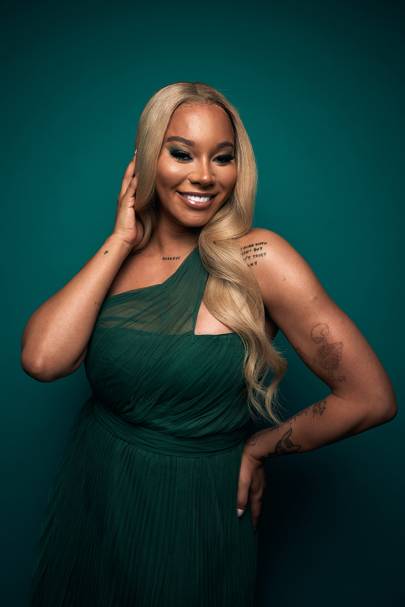
Munroe Bergdorf, 1987-
One of Britain’s leading black trans activists, Munroe is a powerful advocate for trans lives and racial justice. She uses her platform as a model to be an active voice for the transgender community and has held major corporations to account, including L’Oreal Paris, from whom she recently extracted a very public apology for their treatment of her in 2017, when they unceremoniously dropped her as an ambassador but has since joined their board to make serious change. Munroe’s pioneering work continues to be a light for hope and change today.
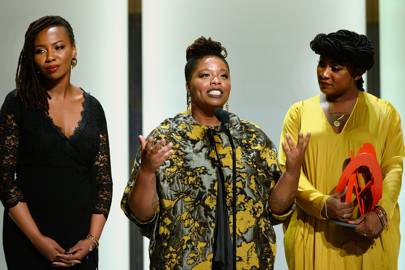
Patrisse Khan Cullors 1983-, Alicia Garza 1981-, Opal Tometi 1984-
The movement that we see taking on new life today, across the world, was originally founded by three black American women in 2013 as a response to the acquittal of the murderer of black teenager Treyvon Martin. It is a global organisation, with chapters in the US, UK and Canada with a mission to end White Supremacy and intervene in the senseless violence inflicted upon black communities. The three women are artists, organisers, writers, activists and freedom fighters from LA and New York, whose work is powerful and intersectional and whose work together on Black Lives Matter has injected new life and purpose into the civil rights movement; perhaps opening up its next chapter…





